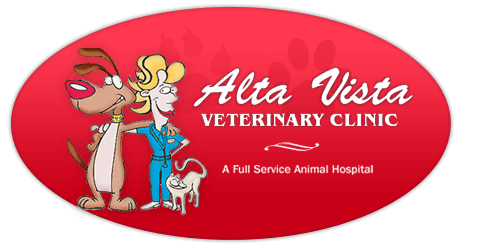Tips for Maintaining Your Cat's Dental Health
Dental health is a crucial aspect of your feline friend's overall well-being. Just like humans, cats are susceptible to oral problems that can affect their quality of life. Often overlooked, proper dental care can prevent various health issues and save both you and your cat from significant discomfort and expenses.
This article aims to give you practical tips for maintaining your cat's dental health and underscore the importance of clean teeth.
The Importance of Cat Dental Health
Cats rely heavily on their teeth. Poor dental health can lead to serious conditions such as gingivitis, periodontitis, and even systemic issues like kidney or heart disease. It is essential to recognize that oral problems in cats might not always be apparent until they become severe. Regular dental check-ups at a veterinary clinic can help catch issues early and ensure your pet's teeth remain healthy.
Veterinary Clinic: Your Ally in Dental Health
Scheduling regular visits to a veterinary clinic is one of the most effective ways to keep your cat’s teeth clean. During these visits, veterinarians can conduct thorough oral examinations, scaling, and polishing. They are well-equipped to identify the early stages of dental disease and recommend appropriate treatments. Additionally, professional pet teeth cleaning performed by veterinarians is invaluable for removing plaque and tartar that cannot be addressed by at-home care alone.
Home Care: Brushing Your Cat’s Teeth
While professional cleanings by veterinarians are essential, maintaining your cat’s dental hygiene at home is equally important. Brushing your cat's teeth is one of the best preventive measures you can take. It might seem challenging initially, but it becomes manageable with patience and the right approach. Use a toothbrush designed specifically for cats and pet-safe toothpaste. Never use human toothpaste, as it can be toxic to your feline. Start by letting your cat get accustomed to the taste of the toothpaste and then gradually introduce the toothbrush. Aim to brush their teeth several times a week to prevent the buildup of plaque.
Diet and Dental Health
Diet plays a significant role in maintaining your cat's oral health. Dental-specific cat foods and treats are formulated to reduce plaque and tartar buildup. These products often have a texture that promotes chewing and scraping of the teeth, which can aid in maintaining clean teeth. Consult your veterinarian for recommendations on the best dental diets for your cat.
Chew Toys and Dental Treats
Incorporating dental toys and treats into your cat’s routine can also contribute to oral hygiene. Dental toys are designed to help clean your cat’s teeth and massage their gums as they chew. Similarly, dental treats contain ingredients that support oral health and fresh breath. These options can be a fun and effective supplement to brushing and professional cleanings.
Signs of Dental Problems
Being vigilant about changes in your cat’s behavior and appearance can help you identify potential dental issues early. Indicators of dental issues include halitosis, excessive drooling, pawing at the mouth, challenges with eating, or noticeable tartar accumulation. If you observe any of these symptoms, promptly schedule an appointment with your veterinary clinic for an evaluation.
The Cost of Neglecting Dental Health
Neglecting your cat's dental health can lead to expensive and painful consequences. Advanced dental diseases may require tooth extractions, which can be costly and stressful for your pet. Moreover, untreated dental issues can cause chronic pain and infections that could spread to other parts of the body. Investing in regular veterinary visits and at-home dental care can prevent these complications and ensure a healthier, happier life for your cat.
Dental health should not be an afterthought for cat owners. To learn more about dental health practices for your cat, contact Alta Vista Veterinary Clinic to schedule an appointment.








